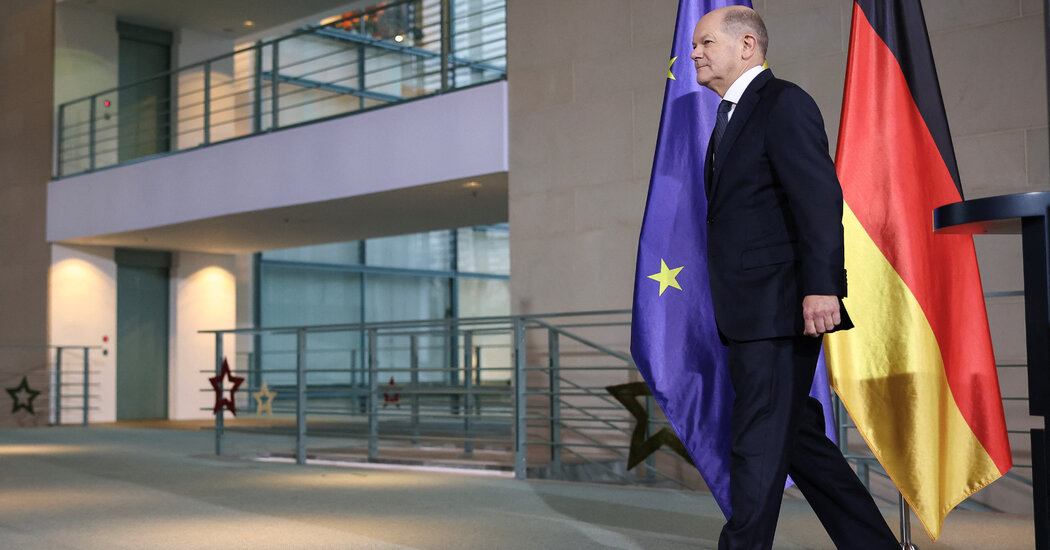Chancellor Olaf Scholz lost a confidence vote in the German Parliament on Monday, marking a defeat that effectively ends his increasingly unpopular government and sets the stage for elections early next year. This is only the fourth snap election in Germany since the modern state was founded 75 years ago, reflecting a new era of more fractious and unstable politics.
The collapse of the government, which was marked by weeks of squabbling among coalition partners, has deepened a crisis of leadership in Europe at a time of mounting economic and security challenges. The war in Ukraine has reached a pivotal moment, and President-elect Donald Trump is set to take office in the United States.
The uncertainty surrounding the government’s future could last for months, with elections expected to be held on February 23. Even if Scholz’s party does not finish first, he would remain in place as a caretaker chancellor until weeks after the election. He would step down only after a new coalition forms, which is expected to take place in April or May.
Seven parties will contest the election, with some on the political fringes set for strong showings, according to polls. The campaign is likely to be dominated by several issues that have roiled Europe in recent years, including the economy, social divides, immigration, and national defense.
Germany and France, traditionally the most influential countries in the European Union, are also grappling with their economic relationship with China, which has grown into a formidable competitor for many of their most important industries. They are also bracing for the start of Trump’s presidential term, which has been marked by threats of a trade war and a possible end to the United States’ commitment to the NATO alliance that has guaranteed Europe’s security for 75 years.
The combined challenges have proven politically unsettling, with President Emmanuel Macron of France facing mounting pressure to resign after naming his fourth prime minister in a year. Scholz’s government faced similar budget challenges, as well as concerns about rebuilding the German military in the face of a belligerent Russia and Trump’s criticism of NATO.

